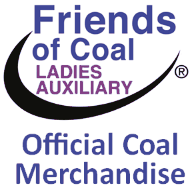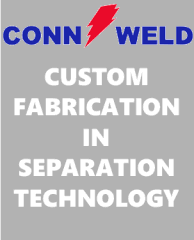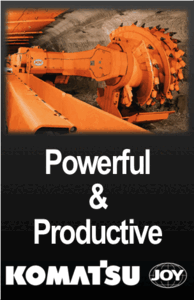The journey of coking coal begins beneath the earth's crust, where over millions of years, geological processes compress plant material into carbon-rich deposits.
Stringent Criteria
When mined, not all coal meets the stringent criteria necessary for coking. The elite category that does is distinguished by specific characteristics: a low ash and sulphur content that ensures the purity of the coke, and the ability to form a strong, porous mass when heated.
This mass, or coke, must be capable of supporting the great burden of iron ore and limestone in the towering blast furnace's belly.
Coking coal's metamorphosis into coke occurs in the coke ovens, where it is heated to temperatures as high as 1,100 degrees Celsius in the absence of oxygen.
This process, known as carbonization, expels volatile substances and fuses the coal into a solid, yet porous, carbon material. The resulting coke's properties — its strength, porosity, and purity — are crucial to its role in the blast furnace, where it not only acts as a fuel but also as a chemical reducer and structural support for the raw materials added above it.
Furnace
In the furnace, coke's carbon reacts with the blast of hot air, producing carbon monoxide and heat. The carbon monoxide then reduces the iron ore to iron, and the heat generated melts the ore, resulting in the raw iron that will be further refined into steel.
The quality of the coke directly influences the efficiency and output of this process; thus, the demand for high-quality coking coal is unyielding.
For investors and stakeholders within the realms of the ASX, TSX and LSE, particularly those with interests in the resources sector, the market for coking coal is a barometer of industrial activity. High-quality coking coal commands a premium, and its scarcity underlines its critical role.
It is not merely a commodity; it is a facilitator of progress, a bearer of heat and weight, and a transformer of natural resources into industrial marvels.
In the broader narrative, coking coal sits at a crossroads of modern industry and environmental considerations.
As the world moves towards cleaner energy and manufacturing processes, the pressure mounts to find more environmentally friendly alternatives to traditional coking coal.
This transition presents both a challenge and an opportunity for mining companies and steel producers to innovate and adapt to the growing demands for sustainability.
Cleaner Technology
Companies that invest in cleaner coking technologies or discover more sustainable methods of steel production may not only find favor with regulators but also distinguish themselves in a competitive market.
For the astute investor, these developments offer a glimpse into the future of the sector, where environmental compliance and innovation could become as valuable as the coal deposits themselves.
And Finally...
Coking coal is more than just a type of coal; it is a linchpin in the industrial process that has underpinned economic development for over a century.
Its role in steel production is irreplaceable under current technologies, and the quality of the coke it produces is a pivotal factor in the efficiency and output of blast furnaces globally.
As the steel industry seeks to reduce its carbon footprint, the future of coking coal is inextricably linked to the quest for innovation and sustainability, making it a sector ripe for attention from investors who are not just looking for financial returns but also for a stake in the future of industrial manufacturing.
























